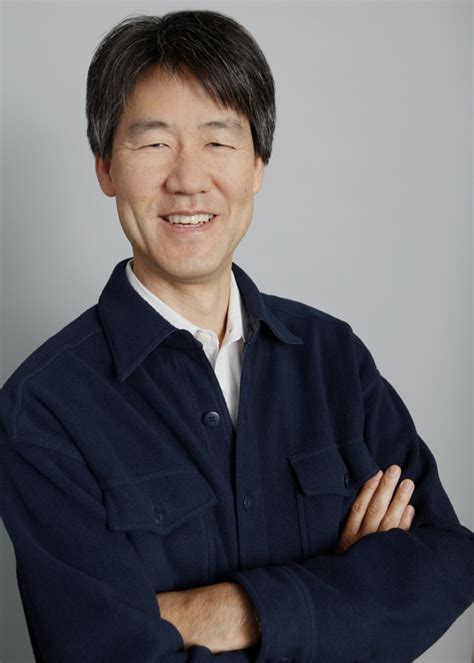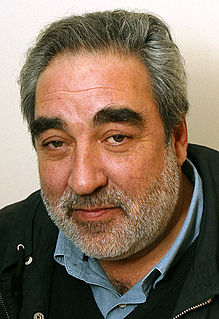A Quote by Peter Cundill
There is almost always a major blip for whatever reason and we have learnt to expect it and not to panic.
Related Quotes
There are so many fantastic roles, but the ones that have always drawn me to them are the loners who, for whatever reason, never quite fit in and knew it and had to find their own way. I've always been drawn to that, for some reason. I've always been drawn to that sad, isolated place, but what it produces in behavior is something else, entirely. For whatever reason, I'm drawn to these people. Essentially, I think what draws me is that they are survivors against rather considerable odds.
I'm even stunned at some of the majors you can get in college these days. Like you can major in the mating habits of the Australian rabbit bat, major in leisure studies... Okay, get a journalism major. Okay, education major, journalism major. Right. Philosophy major, right. Archeology major. I don't know, whatever it is. Major in ballroom dance, of course. It doesn't replace work. How about a major in film studies? How about a major in black studies? How about a major in women studies? How about a major in home ec? Oops, sorry! No such thing.
We always hear from newspapers that while people understand the environmental challenge, they are unwilling to stomach the solutions. The trouble is, we only ever hear about the solutions from the media, and for whatever reason, they are almost always caricatured beyond recognition. If there's no appetite for green, it's not surprising.
[I had a sense of interior panic].Always. I didn't really know what to call it for a long time, but I have a friend in Greece who used that word panic a lot, and I found myself resisting it, until I totally accepted that as a precise description of my interior condition. It was mostly panic from one moment to the next. And nothing much else was going on.
The reason for teaching history is not that it changes society, but that it changes pupils; it changes what they see in the world, and how they see it.... To say someone has learnt history is to say something very wide ranging about the way in which he or she is likely to make sense of the world. History offers a way of seeing almost any substantive issue in human affairs, subject to certain procedures and standards, whatever feelings one may have.
Every major power always seeks to justify its action on moral grounds. Such behaviour is almost as old as the hills. The west has been a particularly vigorous exponent of this credo; and there is no reason to believe that China, for example, will be any different. But behind the moral rhetoric invariably lies interest and ideology.
































